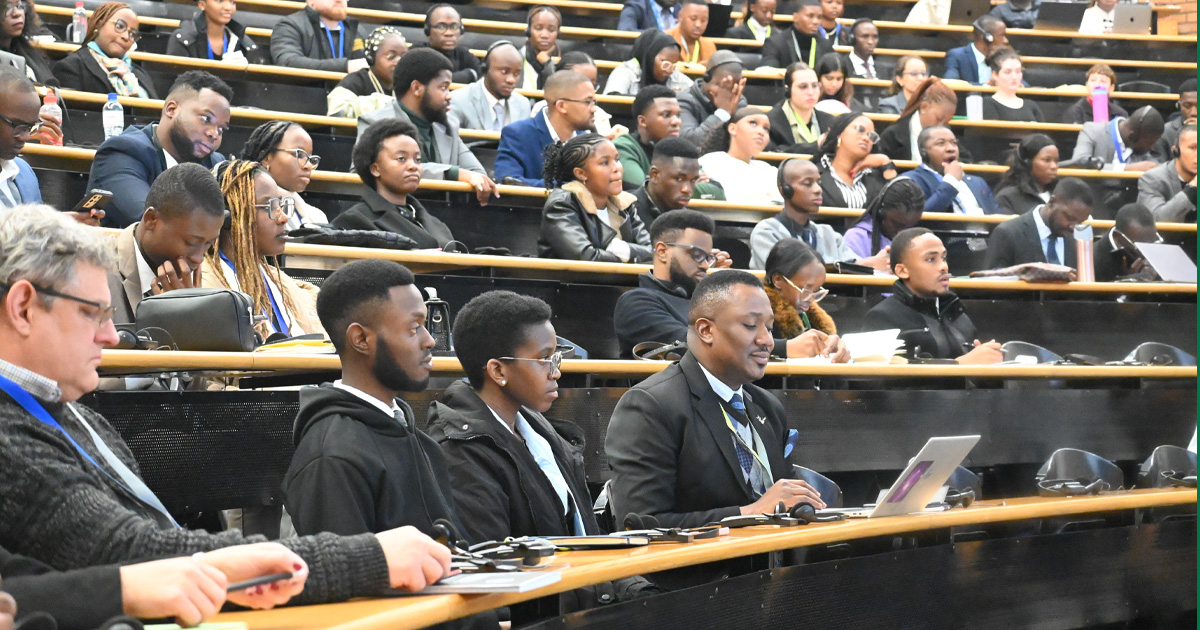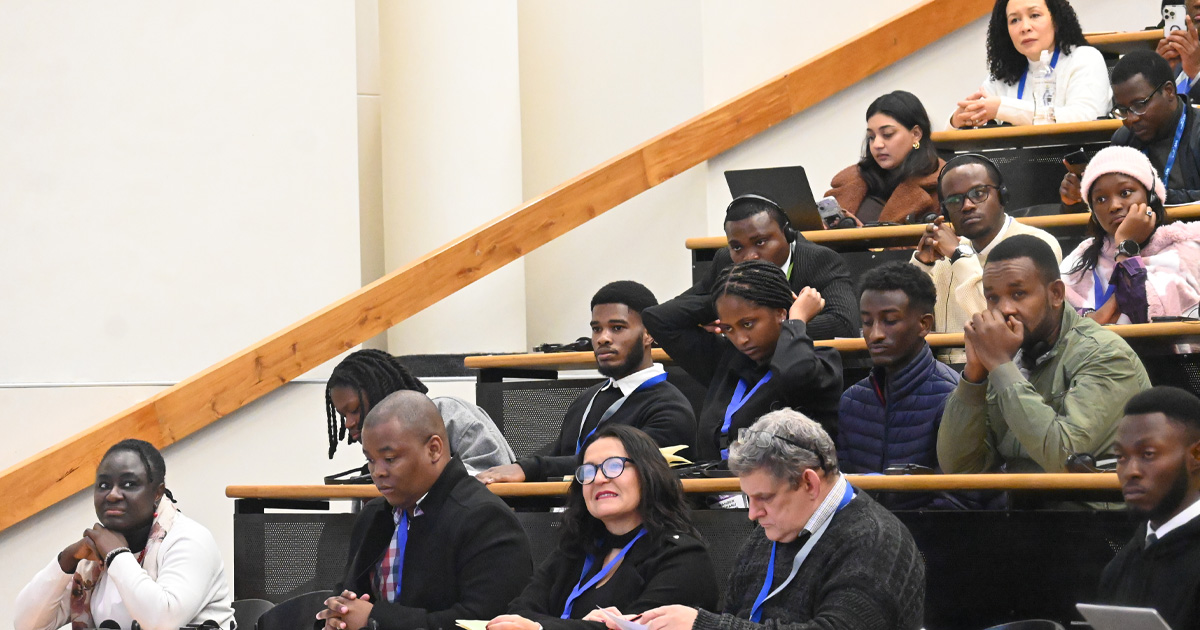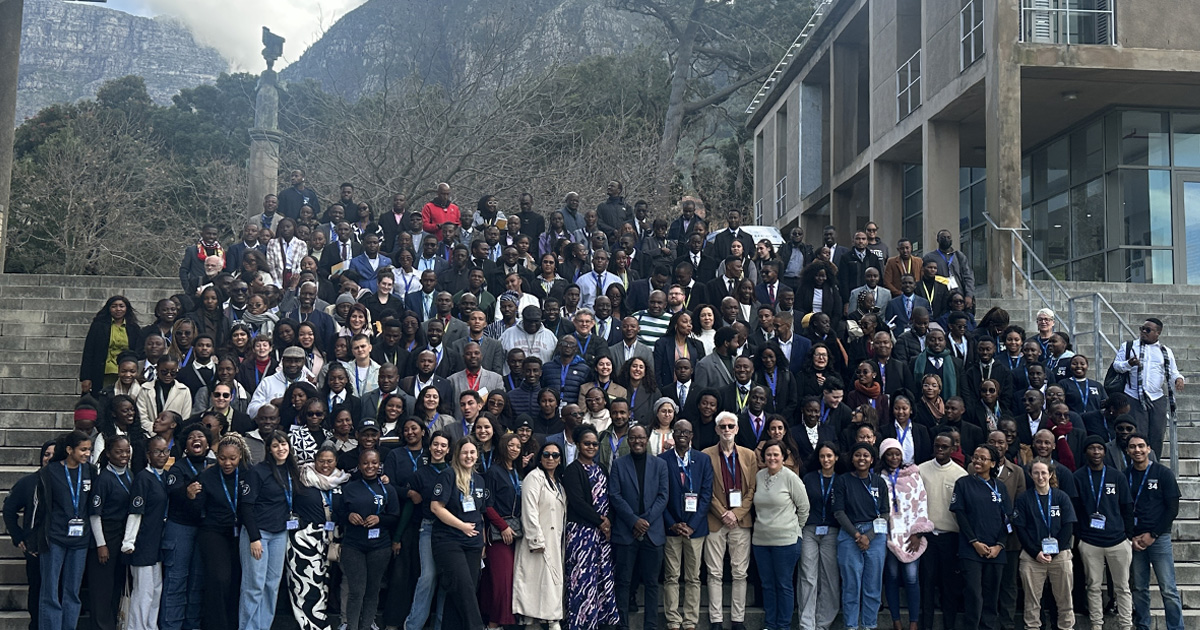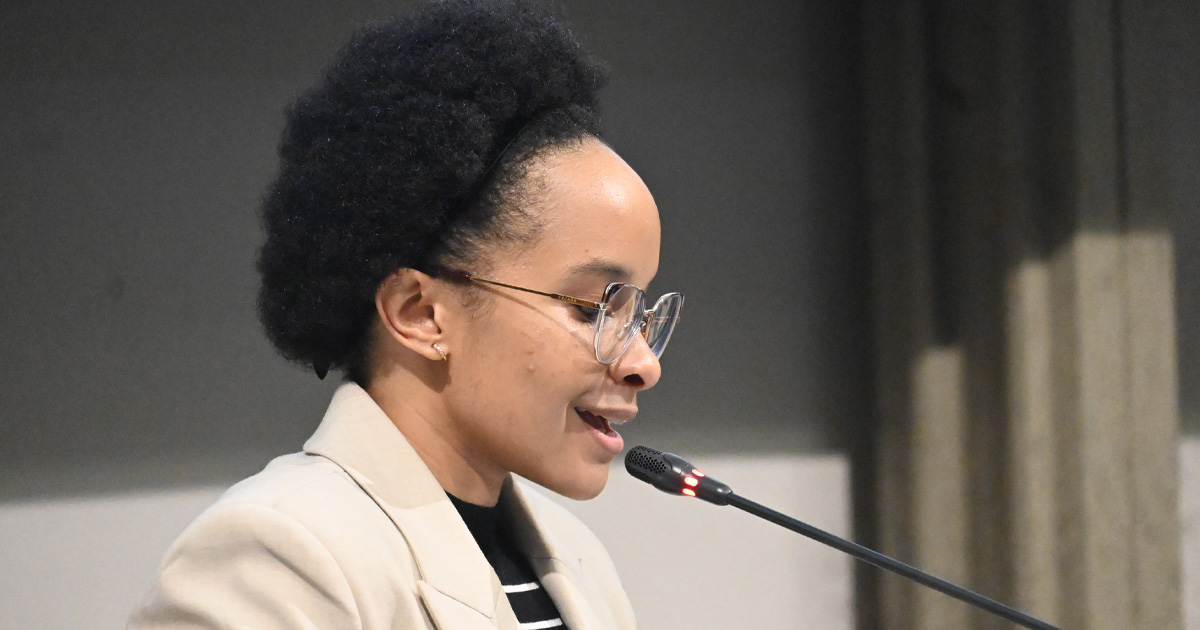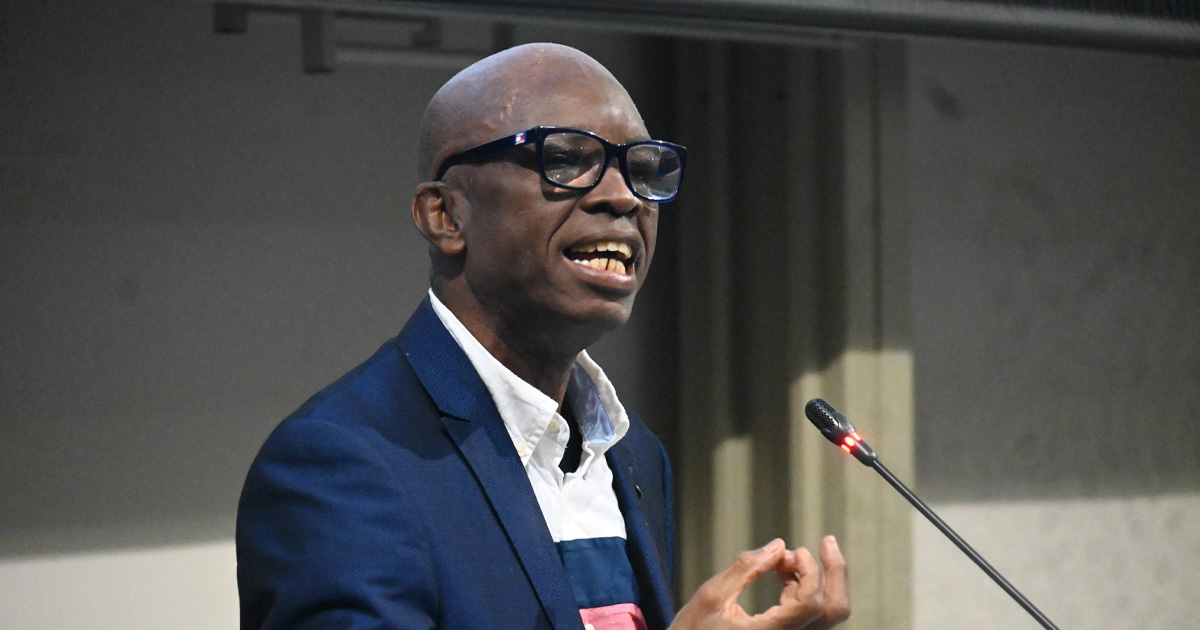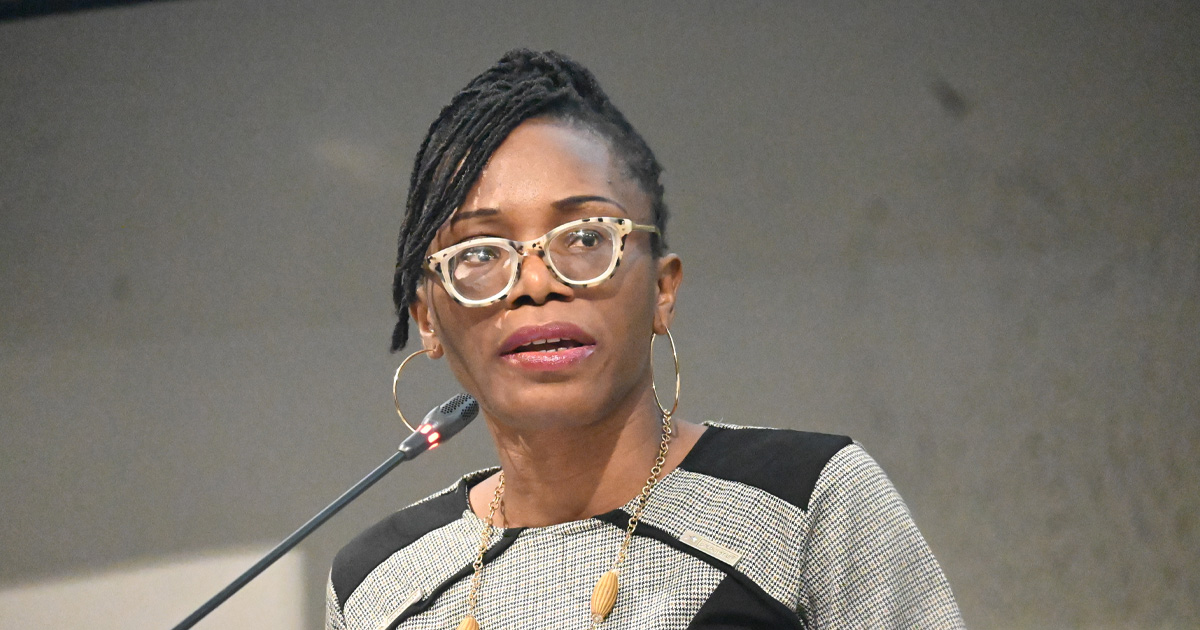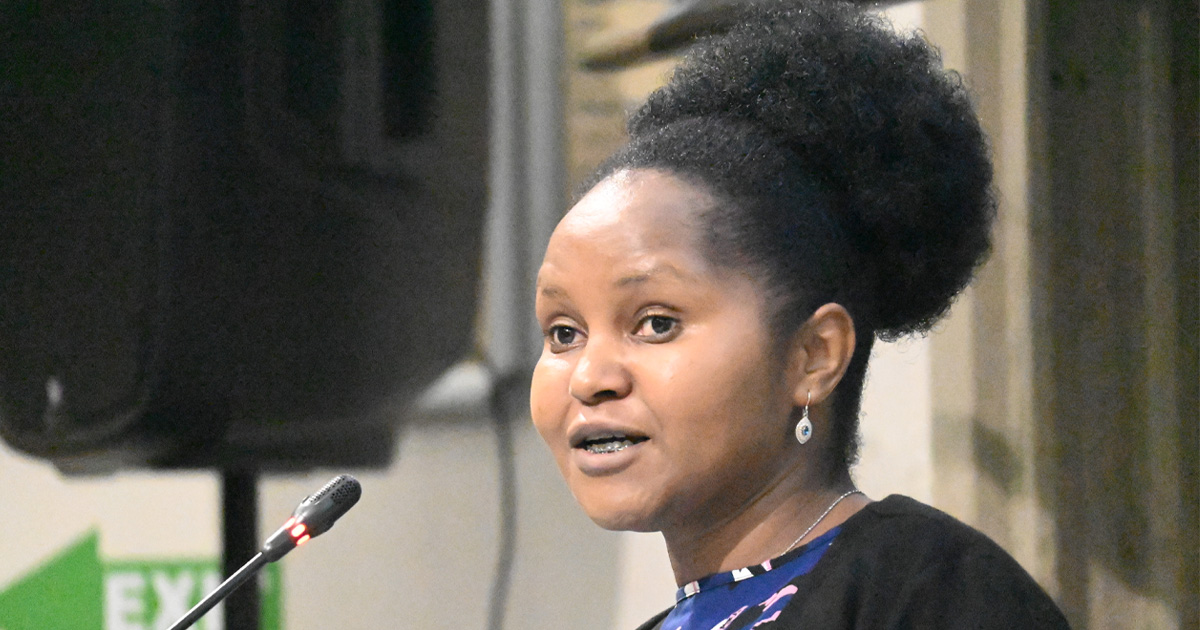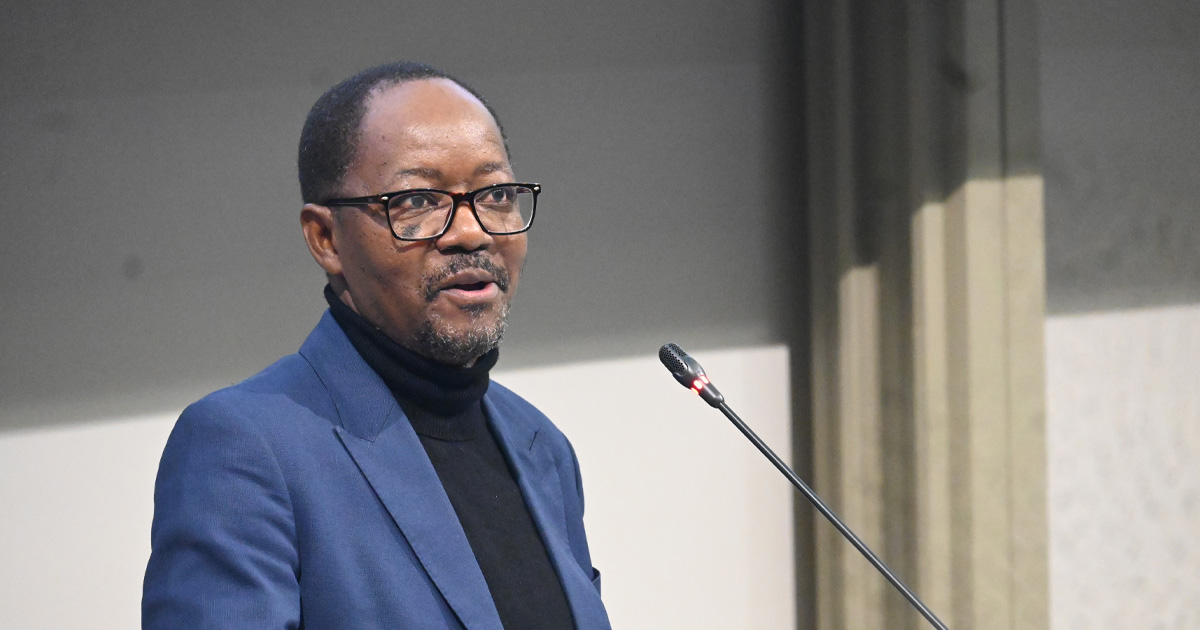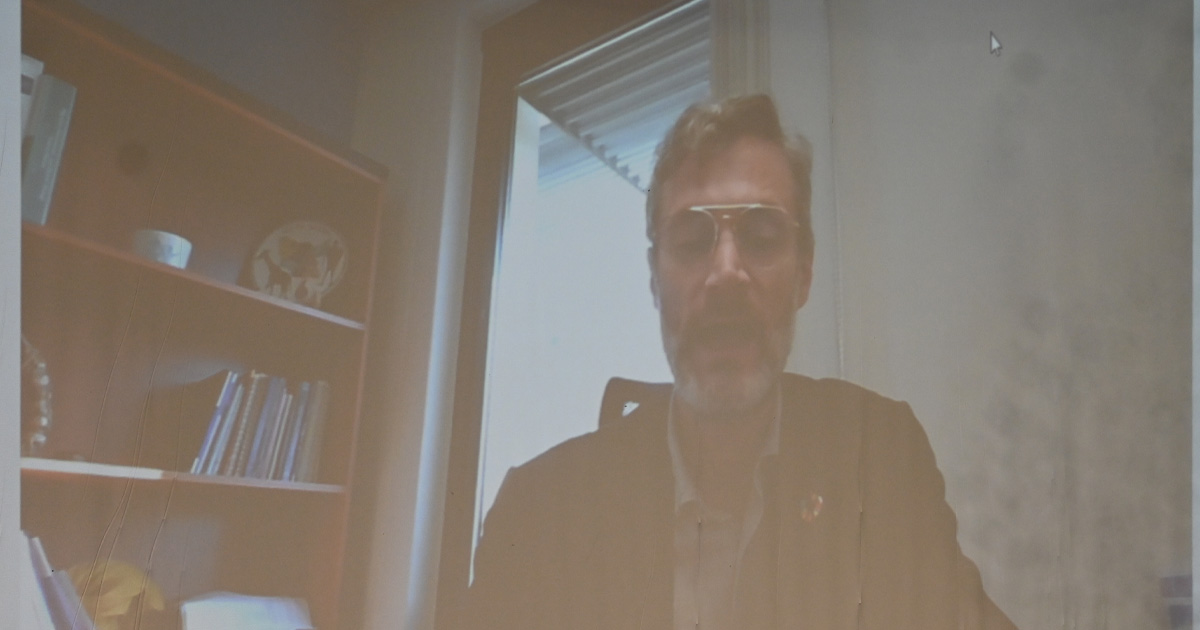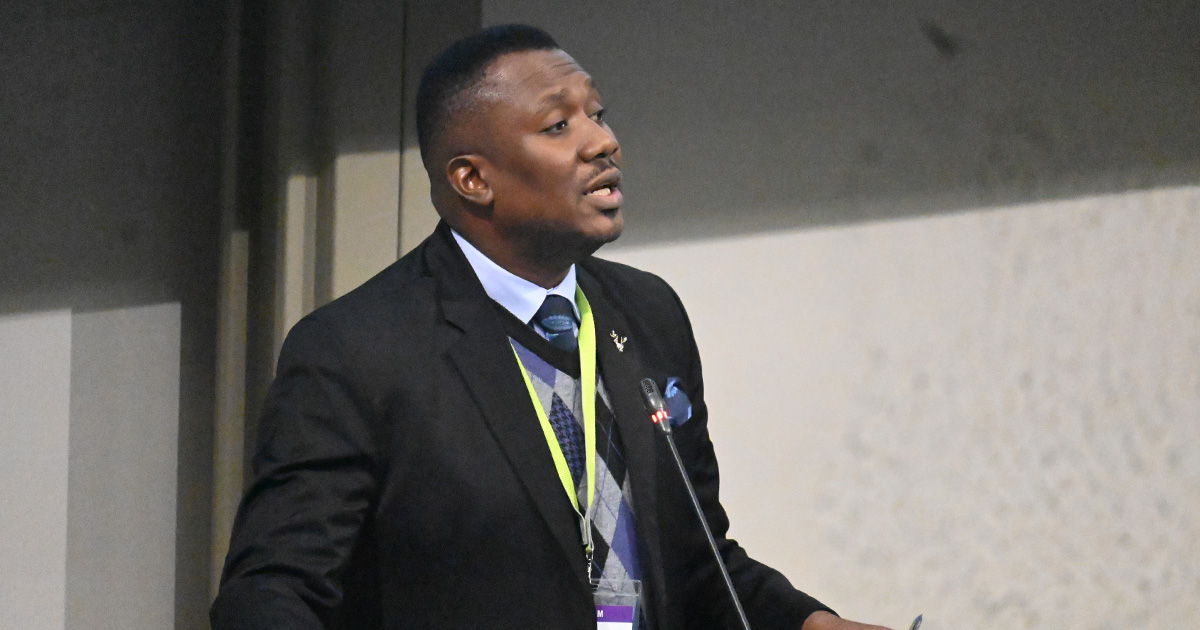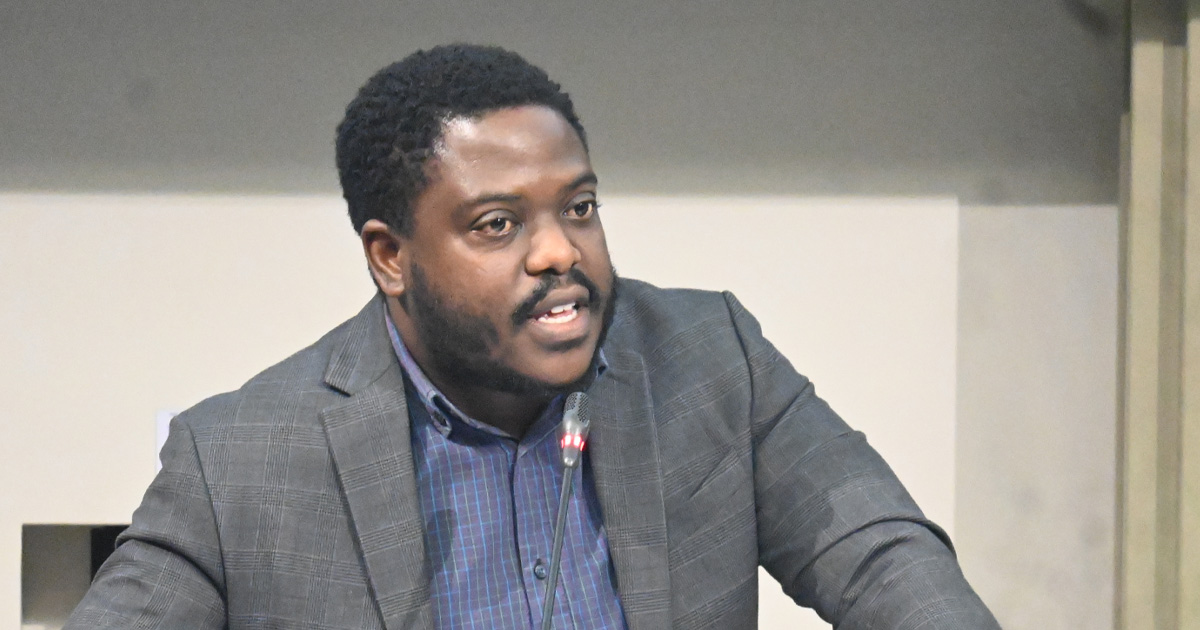On Monday, 30 June 2025 the Centre for Human Rights, Faculty of Law, University of Pretoria and the Faculty of Law, University of Cape Town co-hosted a one-day international conference as part of the 34th Christof Heyns African Human Rights Moot Court Competition.
The conference focused on two themes:
- Statelessness and the right of migrants (non-nationals) to participate in politics, including voting and protest, in line with the 2025 African Moot Court hypothetical case.
- Challenges to and best practices in the teaching of the African human rights system at African universities.
Background and Aim of the Conference
The International Organization for Migration (IOM) released its 2024 annual report on the global state of migration. The report showed that the number of international migrants had increased steadily over the past 50 years, with an estimated 281 million in 2020—representing 3.6% of the global population, up from 2.3% in 1970. While many migrants had been displaced by conflict, persecution, or disaster, most migrated for work, family, or education.
This rise in migration prompted many states to adopt stricter policies and legal frameworks, often framing migration as a national security threat. States increasingly linked migration to security through misinformed narratives that portrayed international migrants as dangerous. Migrants were often treated as subject to different legal standards, putting their fundamental rights at risk—especially the right to nationality and the right to advocate for their rights.
Theme 1: Statelessness and the Durability of Citizenship & Migrants’ Political Participation
In the post-WWII international order, arbitrary and mass deprivation of citizenship by states had become less common, largely because such practices were seen as incompatible with a rules-based global order and were associated with totalitarian regimes. International law now explicitly prohibits arbitrary deprivation of nationality.
However, many states had begun to pass laws permitting denationalization on grounds such as national security and counter-terrorism. These measures enabled governments to strip citizenship from individuals—particularly those perceived as threats or dissenters. Scholars noted this trend as a weaponization of citizenship. A prominent example was seen in the United States, where detention and deportation practices reportedly targeted individuals who supported Palestinian rights, despite being legally present in the country.
The prevalence of these practices raised important questions:
- What does it mean to be a citizen?
- Is citizenship a right or a privilege?
- Does it confer a sense of identity that is lost when revoked?
- Beyond statelessness, what ethical or legal considerations should inform decisions to strip citizenship?
Although the right to vote is often reserved for citizens, more countries had started to extend it to non-citizens. The right to freedom of expression, however, is not limited to citizens. Migrants who advocated for basic rights or better living conditions were increasingly labeled as undesirable or undeserving of durable status.
The session asked whether migrants enjoyed equal access to human rights, how they should resist violations, and whether they should be entitled to vote or protest without fear of legal or social penalties.
Theme 2: Teaching the African Human Rights System
The second session examined the challenges and best practices in teaching the African human rights system in African universities. A long-standing issue had been the low level of awareness about the African Charter and the African Commission on Human and Peoples’ Rights. A key objective of the African Moot Competition has been to enhance awareness and integrate the African human rights system into African legal education, using the Moot as both a platform and a teaching tool.
The 2025 edition marked 30 years since the Moot became a continent-wide initiative under the name "All Africa Human Rights Moot Competition." This anniversary provided a timely opportunity to reflect on progress, exchange experiences, and reinvigorate educational efforts.
The session posed key questions:
- To what extent do African universities integrate the African human rights system into undergraduate and postgraduate curricula?
- What obstacles had been faced in implementing these programmes?
- Which best practices could be adopted more widely to improve the teaching of African human rights law?
Watch Recoding
For more information, please contact:
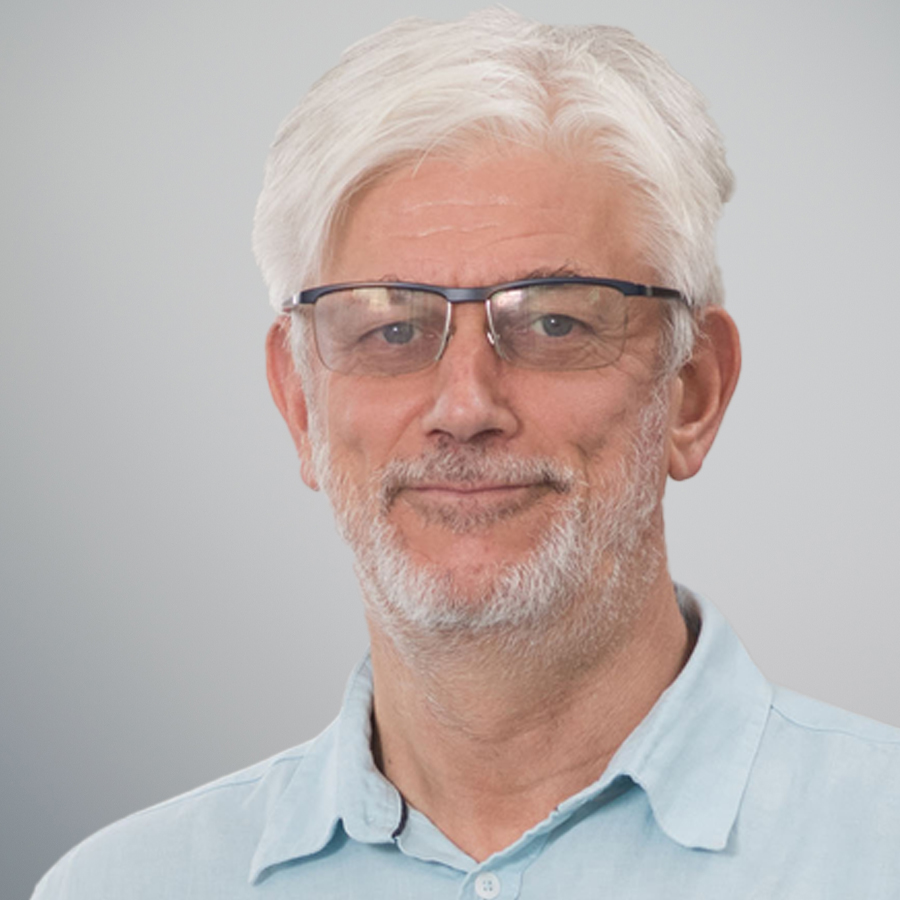
Professor of International Human Rights Law
Tel: +27 (0) 12 420 3228
frans.viljoen@up.ac.za

